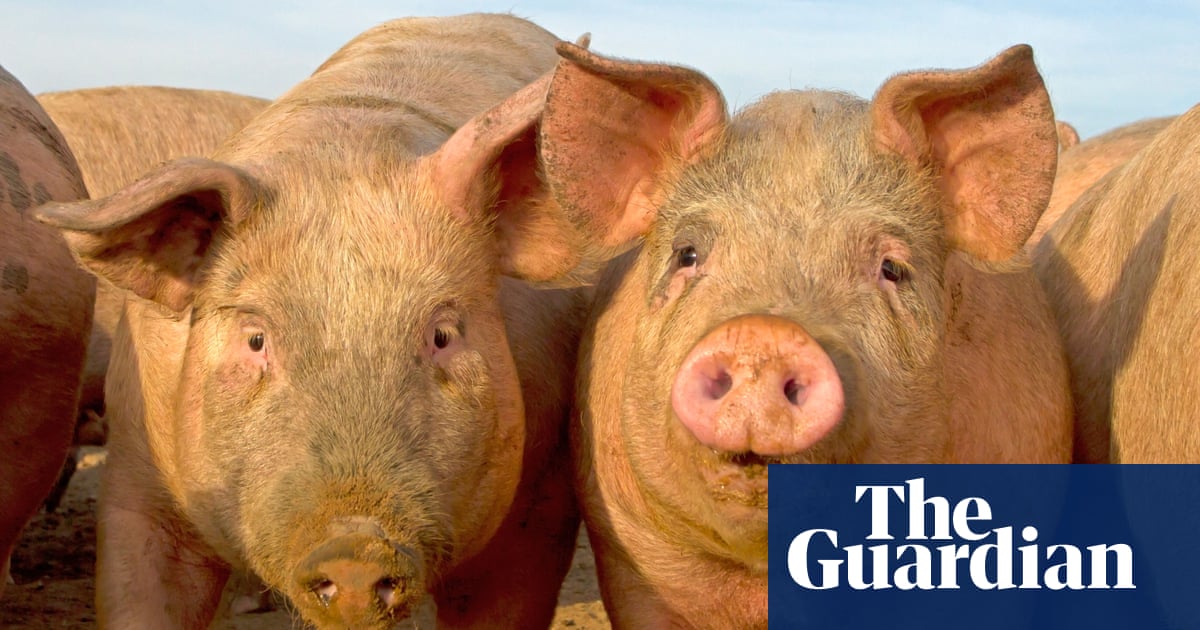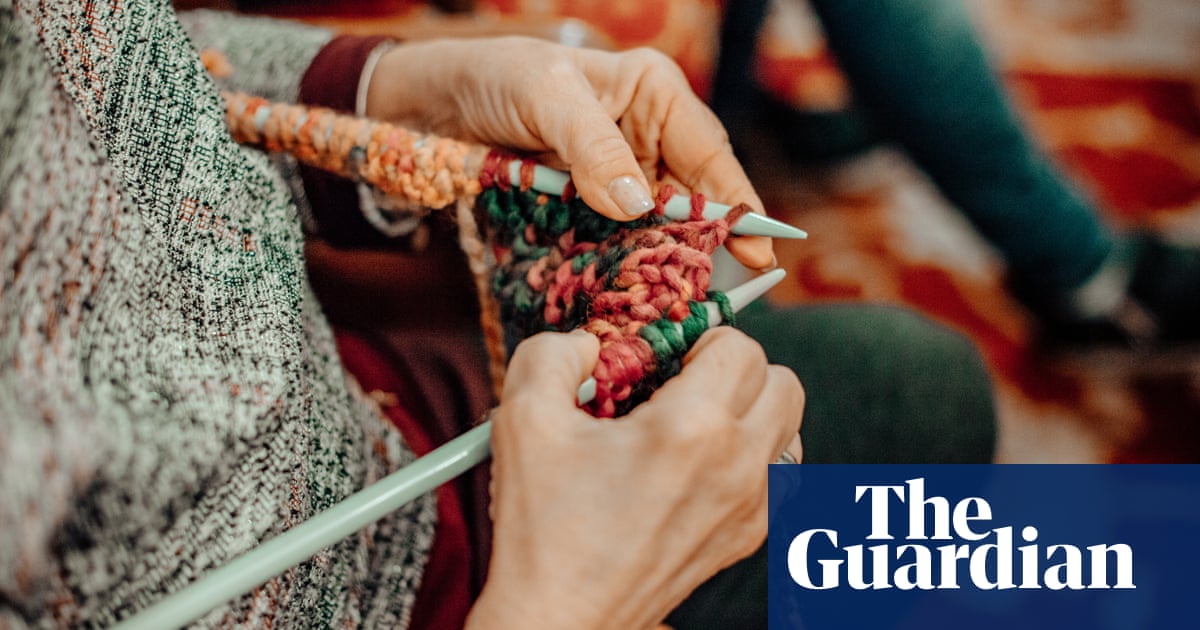On Monday, El Salvador’s president made a bizarre offer to the United States: We will take your prisoners.
“We have offered the United States of America the opportunity to outsource part of its prison system,” President Nayib Bukele wrote on X. “We are willing to take in only convicted criminals (including convicted U.S. citizens) into our mega-prison (CECOT) in exchange for a fee. The fee would be relatively low for the U.S. but significant for us, making our entire prison system sustainable.”
Bukele’s crackdown on gang violence and organized crime in El Salvador — often at the expense of human and due process rights — has made him a cause celebre amongst the American right. While the United States has the highest number of incarcerated people in the world, in 2024 El Salvador surpassed a slew of countries to become the nation with the most prisoners per capita. Apparently they want even more, and American officials seem open to the idea.
President Donald Trump told reporters on Tuesday that sending prisoners abroad would be “a lot less expensive and it would be a great deterrent,” to crime. “If we could get these animals out of our country, and put them in a different country under the supervision of somebody that made a small fee to maintain these people […] frankly they can keep them,” Trump added.
“Obviously, we’ll have to study it on our end; there are obviously legalities involved. We have a Constitution, we have all sorts of things, but it’s a very generous offer,” Secretary of State Marco Rubio said on Tuesday. “No one’s ever made an offer like that, and to outsource, at a fraction of the cost, at least some of the most dangerous and violent criminals that we have in the United States. But obviously the administration will have to make a decision.”
In a post on X, Rubio said his meeting with Bukele earlier this week has been “very productive […] His commitment to accept and incarcerate criminals from any country, including from violent gangs like MS-13 and Tren de Aragua, will make America safer. In an extraordinary gesture never before extended by any country, President Bukele offered to house in his jails dangerous American criminals, including US citizens and legal residents.”
Billionaire Elon Musk took a break from his unilateral dismantling of large swaths of the federal government to endorse Bukele’s proposal as a “Great idea!!”
There are, of course, laws governing the humane treatment of prisoners within the United States that — despite their inconsistent and subpar enforcement — would render exporting American prisoners to El Salvador a fraught legal question. Courts have held in the past that U.S. citizens cannot be deported, and the notion of transferring custody of an American citizen to another nation to serve criminal penalties for a crime committed and adjudicated in the United States is virtually unheard of.
Days before extending the offer to Rubio, and posting it publicly on social media, Bukele tweeted a video showing hundreds if not thousands of prisoners working on a factory floor.
“40% of our prison population is already repaying its debt to society. In return, they receive a shorter sentence and learn a skill. This program is NOT available for rapists and murderers. They will help us build roads, hospitals, and schools; they will manufacture our uniforms and furniture; they will grow and harvest our crops; and they will help clean our rivers,” Bukele wrote.
The program, known as “Plan Cero Ocio” — or “Plan Zero Idleness” in English — has conscripted thousands of prisoners to perform labor for the government, often unpaid, in order to mitigate the cost of running the nation’s rapidly expanded penal system. Prisoners in El Salvador have been used in construction, agricultural labor, textile manufacturing, sanitation work and a slew of other industrial jobs in the El Salvadorian public sector. Critics have described Plan Cero Ocio as being akin to slave labor. It’s a criticism often leveled at the American carceral system, given that slavery was prohibited under the 13th Amendment “except as a punishment for crime whereof the party shall have been duly convicted.”
In the United States, prison labor was exploited as a loophole to the abolition of slavery in the 19th century. Convict leasing was an integral mechanism through which large swaths of the South’s infrastructure were rebuilt in the aftermath of the Civil War. In the modern era, most prisoners are required to work as a condition of their incarceration, often receiving pittances as wages and being exempt from the protections of labor laws and workplace safety protections.
It’s unclear if Bukele would use American prisoners for labor in El Salvador, but he may very well want to lease out a portion of the world’s largest incarcerated population in order to bolster his own nation’s penal workforce.
Article by:Source:













